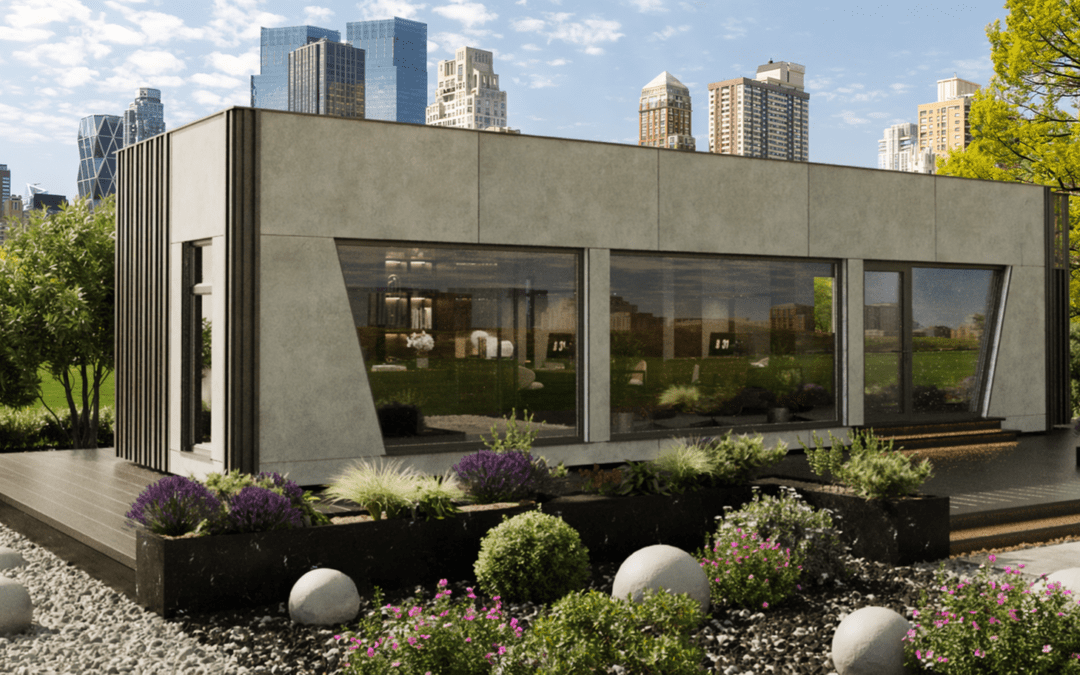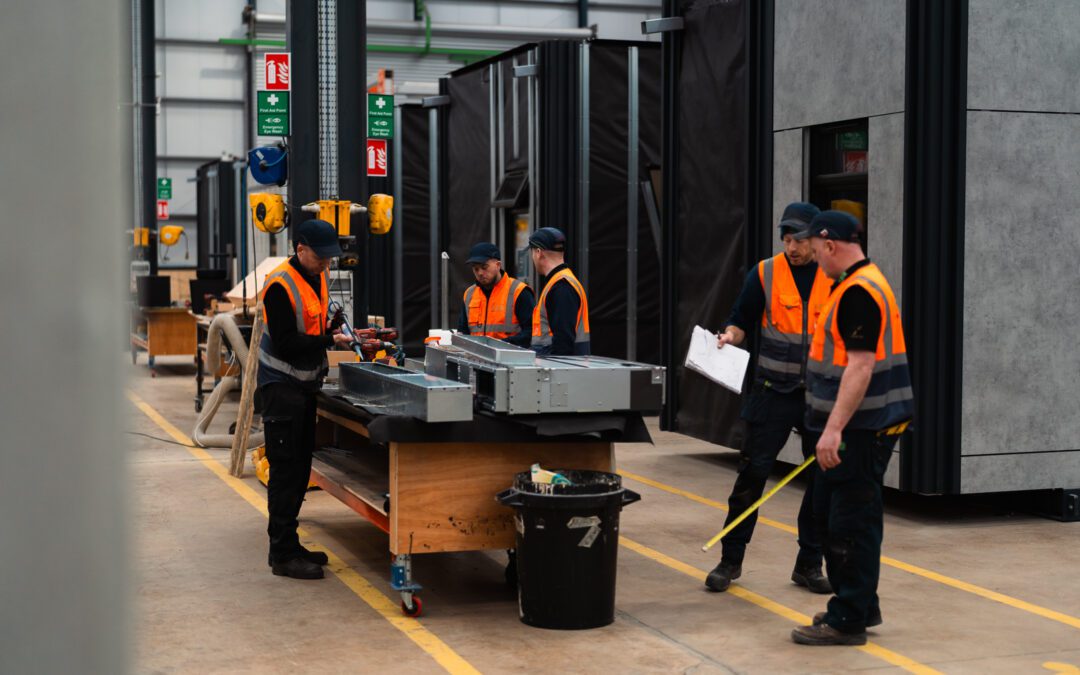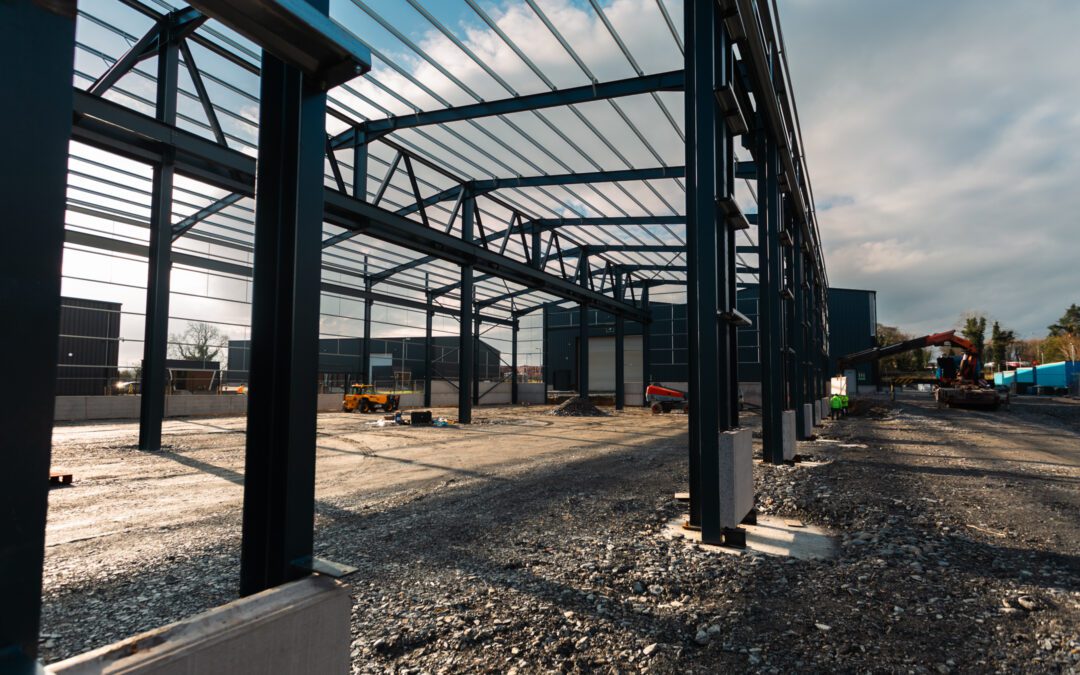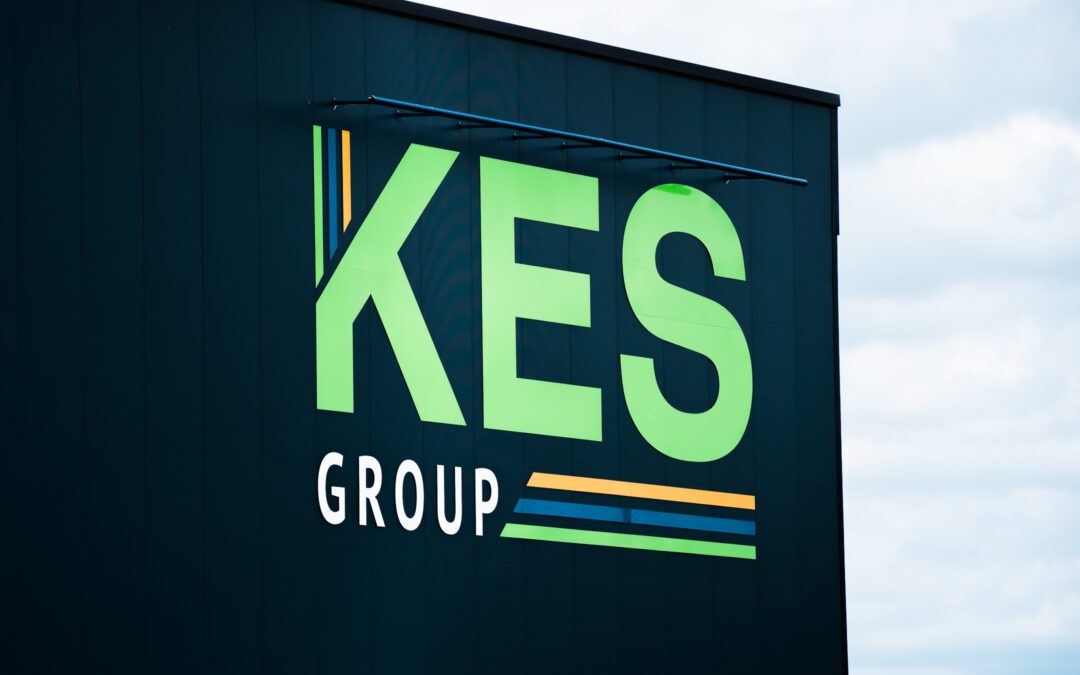Is prefabrication the future?
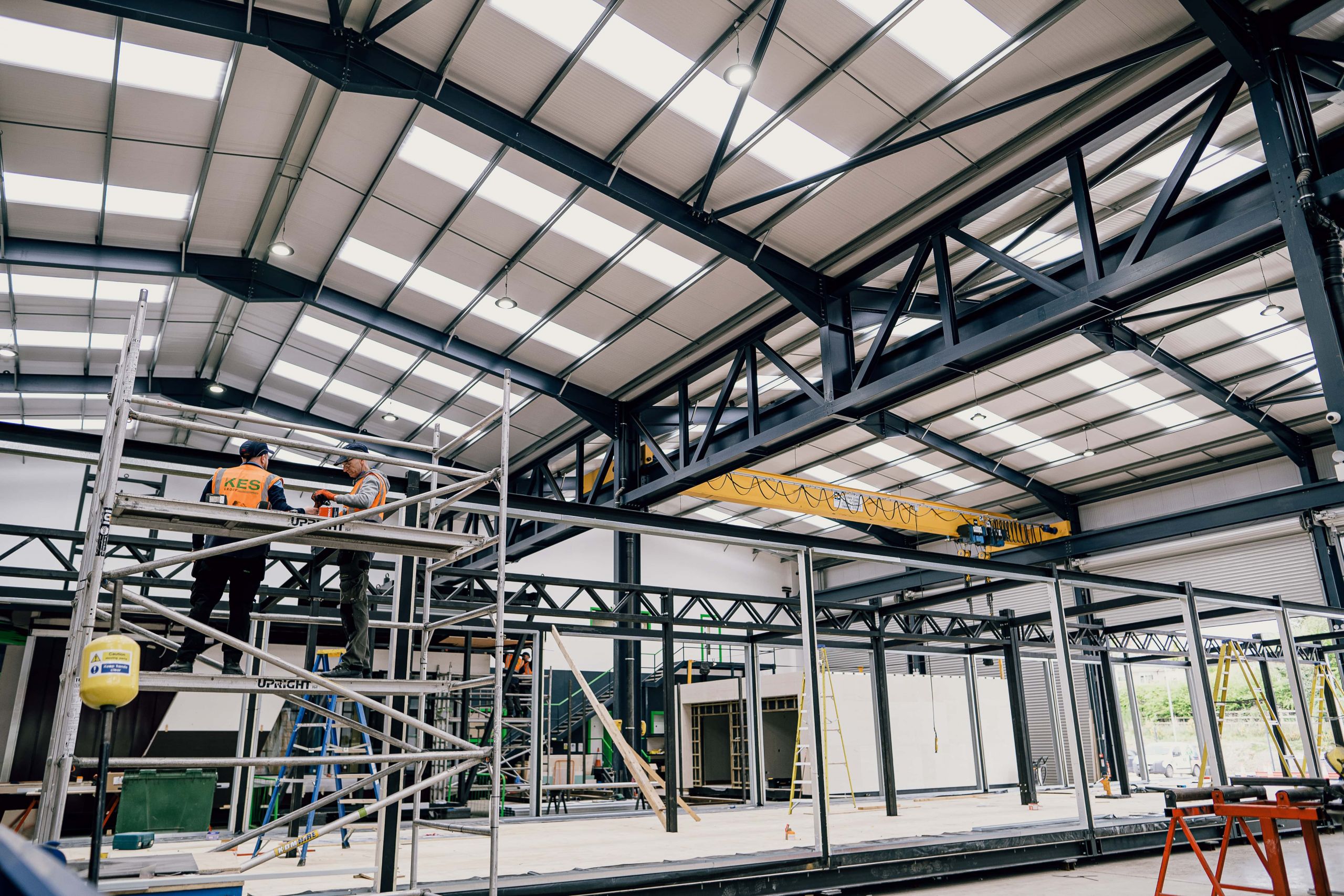
The UK is currently suffering from a housing crisis, and the lack of affordable homes does not seem to be coming to an end any time soon. While construction companies try to produce solutions to build new homes quickly, modular construction has been hailed by many in the industry as a possible answer to solve the issue. But in the UK, modular construction has been a less popular choice than in other countries. This could be down to local building materials. Homes in the UK are traditionally built using brick and most people like to stick to what is familiar. Another reason that the UK has been reluctant to adopt modular home technologies is due to many misconceptions about prefabricated homes. Is prefabrication the future?
In this blog post, we will look at the reasons for this reluctance and why many people building homes are choosing to open their minds to this energy-efficient and time-saving method.
What is modular construction?
Modular construction is a process that involves the construction of a building off-site in a factory-controlled environment. Buildings are produced in “modules” which are transported from the off-site factory by lorry. Modules will then be assembled using crane technology.
The process uses the same materials, standards, and codes as more traditional building methods. It is undertaken under controlled plant conditions, but the process is completed around half the time. Modular construction has several benefits, including:
- Modular home’s typically cost around 15% less than traditional builds.
- They are quicker to build. This time-saving benefit keeps the project on schedule and speeds up construction time while still being efficient.
- Weather delaying construction of the modular units are virtually eliminated. It also provides workers safer and more comfortable conditions to be more productive and produce a higher quality products.
- Modules arrive on-site usually outfitted with flooring, cabinets, counters, plumbing and electrical fixtures, and appliances.
- Modular buildings are kind to the environment. This form of construction uses eco-friendly materials. You can be sure that you are investing in a sustainable construction process from start to finish.
- There is a need for fewer builders working on site, which helps resolve the industry’s issue of having a shortage of skilled workers to build enough homes in the UK.
- A lesser energy bill because of better levels of insulation.
So, could prefabrication become the norm in the future?
Affordable housing for first-time buyers is a huge opportunity for prefabricated housing. When it comes to budgets, timeframe, specifications, and location modular buildings provide a great deal of flexibility. In terms of budget constraints, modular buildings will give you the option of renting temporarily or purchasing permanently depending on what you can afford. Modular construction companies can customize models to meet your specific requirements. You can also choose from a range of designs, which can help you stay within your budget. It is easy to dismantle and re-assemble at another location, and the entire building is recyclable. This reduces the need for new raw materials.
The UK’s Government’s target is to build around 300,000 homes each year in order to tackle the housing crisis, and with prefab providing the option to produce low-cost housing on a mass scale, it could be a possible solution.
However, the underlying challenges of the housing shortage are much more complex than simply finding a quicker way to build. One problem is land availability for housing developments to built. Despite this, factory-built homes address some of the issues, particularly the speed of construction and overcoming the shortage of skilled labour.
Prefabrication may become the go-to method of construction for many of us!
Could prefabricated homes be the future? What are your thoughts? Contact us today and let us know.
We will take care of the installation of your internal and external fixtures and fittings. Our skilled craftsmen are highly experienced in all aspects of joinery, from cabinetry and flooring to door and window frames. We use only the finest materials and the latest techniques to ensure that your joinery is durable, functional, and aesthetically pleasing.
In addition to our joinery services, we also offer a full range of external and internal fitting services. This includes the installation of windows, doors, lighting fixtures, plumbing fixtures, electrical fixtures, and more. Our team will work closely with you to ensure that your fixtures and fittings are installed to your exact specifications, and that they are fully functional and safe.
At KES Group, we take pride in our commitment to delivering the highest quality workmanship and customer service. From the initial consultation to the final walk-through, we will be there to guide you every step of the way. Whether you are a homeowner, a business owner, or a contractor, you can count on us to bring your project to life and to make sure that your experience is stress-free and enjoyable. So why wait? Contact us today to learn more about how we can help with your project.
At KES, we understand that construction projects can be a daunting task for any property owner or developer. This is why we offer full project management services to make sure your SMARTBUILD project runs smoothly from start to finish. Our team of experts will oversee every aspect of the construction process, ensuring that everything is done according to your specifications and requirements.
One of the key services that we offer is the delivery and crane installation of your SMARTBUILD. Our team of experienced technicians will transport your SMARTBUILD to the site, ensuring that it arrives in perfect condition. Once on site, our crane operators will carefully lift the structure into position, ensuring that it is perfectly aligned and securely fastened.
The installation process is carried out by our experienced team of technicians who have been trained to handle all aspects of construction. They are equipped with the latest tools and technologies to ensure that your SMARTBUILD is installed quickly and efficiently, minimizing any disruptions to your daily operations.
At KES, we take pride in our ability to deliver outstanding construction services, and our project management services are no exception. We understand that time is of the essence, and that is why we work hard to ensure that your SMARTBUILD project is completed on time, within budget, and to the highest standards of quality.
So if you're looking for a company that can help you with the construction, delivery and crane installation of your project, look no further than KES. Contact us today to learn more about our project management services and how we can help you bring your vision to life.
We take pride in our market-leading design team, who are dedicated to providing each of our clients with a personalised and bespoke design solution. Our team of experts applies their extensive knowledge and creative expertise to bring your vision to life, delivering a customised design that reflects your unique needs and requirements.
Whether you’re looking to build a new home or develop a commercial project, our design team is equipped with the tools and skills to make your vision a reality. With years of experience in the industry, they understand the importance of creating a design that not only looks great, but is also functional, cost-effective and meets all your requirements.
When you work with our design team, you can expect a high level of communication and collaboration from start to finish. They listen closely to your ideas, provide guidance and suggestions to help bring your project to life, and work closely with our engineering and construction teams to ensure that your design is executed to the highest standards.
We believe that your design should be a reflection of your unique personality and style, and we strive to provide you with a bespoke solution that truly captures your vision. Our goal is to create a design that not only meets your practical needs, but also exceeds your expectations in terms of style, creativity and functionality.
We believe in delivering quality, and our design team is at the forefront of this commitment. If you’re looking for a company that truly cares about your project and delivers a bespoke design solution, look no further. Contact us today to learn more about our services and how our design team can help bring your vision to life.
At KES, we understand that every project is unique and requires a tailored approach. That's why our team of experts takes the time to build an in-depth understanding of our client's project requirements, challenges, and constraints. By carefully considering each aspect of the project, we can ensure that the final outcome meets the client's expectations.
Our experts have years of experience in the industry and are equipped with the knowledge and expertise needed to handle even the most complex projects. They listen closely to the client's goals, needs, and vision for the project and work closely with them to develop a plan of action.
One of our key strengths is our ability to propose innovative solutions that address the client's specific challenges and constraints. We understand that every project is unique and requires a different approach, and our experts are dedicated to delivering the best possible results for each and every client.
Our commitment to delivering high-quality results and exceptional customer service has earned us a reputation for excellence in the industry. We take pride in our work and are dedicated to ensuring that each project is completed on time, within budget, and to the highest standards of quality.
So if you're looking for a company that will take the time to understand your project requirements, challenges, and constraints and provide you with innovative solutions, look no further than our team of experts. We're here to help you bring your dreams to life.


